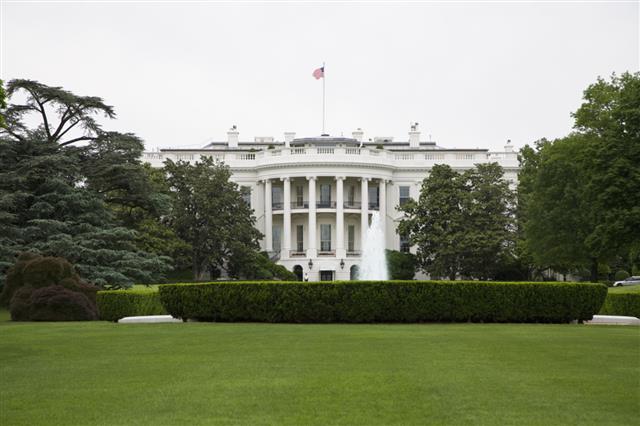Guest post by Jonathan Elliott, General Manager, Health Sector, Xerox UK
Earlier this month, the UK Government announced plans to invest £4.2 billion in NHS technology over the next five years, with the aim of eliminating paper from the organisation by 2020. High on the Department of Health’s agenda for some time, the transition will drive billions in cost savings and improve health services across the board.
Here at Xerox, we’re strong advocates of the less-paper approach to improve healthcare efficiency. We’ve worked with a number of NHS Trusts, including Worcestershire Acute Hospitals NHS Trust, to successfully digitize their paper-based records processes and with the Government’s latest investment, there is now huge potential for the benefits to be replicated at scale across the broader NHS.
For healthcare to work better, clinicians must have quick and easy access to the latest information to treat their patients, whether that’s admission records, test results or patient prescriptions. With this same ambition, Worcestershire NHS Trust partnered with Xerox to digitise its records management processes and has scanned over 81 million pages to provide digital access to information across its clinics and admissions centres.
By eliminating the need to search for paper records in cabinets across multiple locations, the new digital system is saving hours of valuable time for health professionals. The information they need to treat their patients is now at their fingertips, enabling them to make more informed decisions and focus on delivering the best possible care to their patients.
With the Government’s clear commitment to more efficient healthcare, a paperless NHS will enable all healthcare professionals to use digital records to treat patients more quickly and accurately. It has the potential to truly transform patient care and marks a new digital era for the NHS.
Learn how Worcestershire Acute Hospitals NHS Trust digitises patient records.



